August 3, 2023
Can we create a
BRIGHTER FUTURE?
Extreme weather, a pandemic, global unrest, deep inequalities — the challenges the world faces are great.
But there is reason to believe that a brighter future is possible.
At McMaster, we’re researching ways to create a world that is healthier, cleaner, sustainable and more equitable, and we’re fostering the next generation of leaders.
But we can’t do it alone.
Our institution’s foundational history in fields such as medical research, advanced manufacturing, nuclear energy and civic engagement have prepared us to meet the future challenges the world faces with optimism, hope and resilience.
Because the discoveries we make today can build a brighter world for tomorrow.

Home to the Global Nexus School for Pandemic Prevention and Response and one of the world’s top health sciences programs, McMaster experts are working to prevent pandemics and mitigate health threats across the globe by studying past pandemics to understand how they affect our immune system today, making trailblazing discoveries in the field of antimicrobial resistance and discovering next-generation cancer therapies.
We’re using AI to discover new antibiotics
Antibiotic resistance is responsible for more than 1.2 million deaths per year. That’s why Jon Stokes and his students are using artificial intelligence to accelerate the identification of new antibiotics to fight drug-resistant bacteria.
We’re finding new ways to train the brain
Kinesiology professor Jennifer Heisz and graduate student Emma Waddington are exploring how brain training can help prevent dementia.
We’re developing the needle-free future of vaccines
Infectious disease experts Fiona Smaill, Zhou Xing, Matthew Miller and Brian Lichty are working on an inhaled vaccine to replace needles.
We’re using drones to ensure the delivery of life-saving cancer treatments
Nuclear scientist Andrea Armstrong is using drones to get cancer patients their treatments when and wherever they need them.
McMaster ranks 1st in North America and 12th in the world for SDG 3: Good Health & Well-Being (2023 Times Higher Education Impact Rankings). Learn more about how our cutting-edge health research is saving lives and changing the world.

With ever-increasing power demands comes the need for sustainable technology. At the McMaster Automotive Resource Centre (MARC), more than 250 researchers, students and engineers are developing the future of clean, smart transportation. In Engineering labs across campus, energy experts are researching ways to use carbon capture technology to address the growing energy crisis and inventing methods to store clean energy.
We’re driving the next generation of clean transportation
Ali Emadi and his team at MARC are reimagining the many ways we move, developing more efficient electric vehicles and better infrastructure, like smart traffic lights.
We’re tackling the energy storage bottleneck
Mechanical Engineering professor Keena Trowell is developing energy storage solutions to improve access to safe, reliable and clean energy.
We’re ensuring nothing goes to waste
Marketing professor Ashish Pujari is exploring how sustainable packaging can ensure nothing goes to waste.
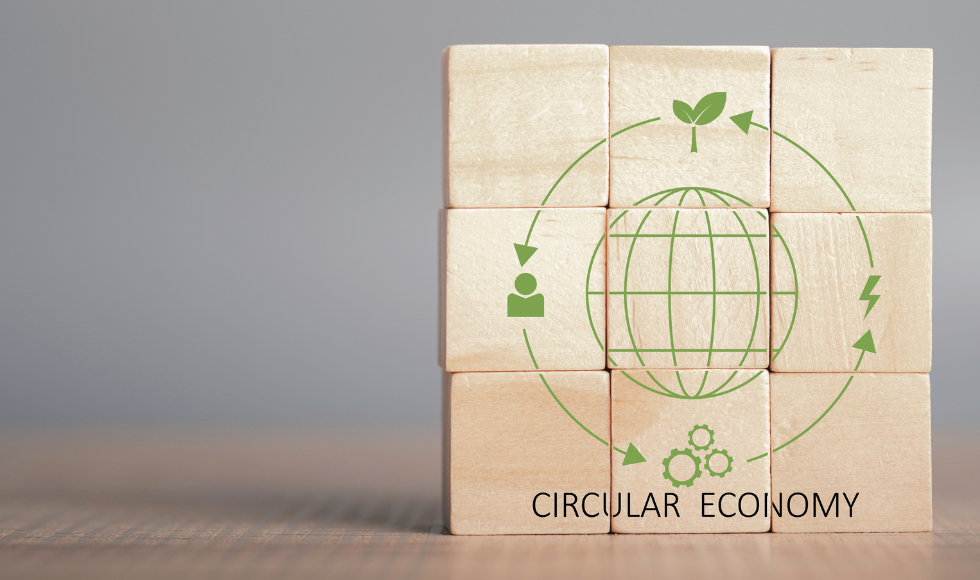
We’re working on carbon capture technology
Mechanical Engineering professor Drew Higgins is designing a system that converts C02 emissions into useful fuels.
From vehicle electrification to clean energy storage solutions, McMaster is thinking about sustainability from all angles. Learn more about our dedication to creating a greener future.

Experiential learning is a key part of education at McMaster, with 95% of students taking part in some form of hands-on learning during their time here. Home to the Wilson College of Leadership and Civic Engagement, we are actively training the next generation of industry and academic leaders. From building satellites that orbit the earth to digging through rock and soil here on Earth, students of all levels are encouraged to take an active part in their learning.
We’re creating out-of-this-world learning experiences
Over the course of eight years, more than 150 McMaster students and researchers built NEUDOSE, a satellite designed to measure harmful radiation and make space travel after. And with the help of NASA, SpaceX and the Canadian Space Agency, they launched it into space this spring.
Learn more about McMaster’s NEUDOSE space mission.
We’re unearthing ancient history
At two active dig sites in Italy, undergraduate students from the Department of Greek and Roman Studies are unearthing ancient history.
We’re shedding light on a vanished nation
Students and researchers from the Indigenous Studies and Anthropology departments are working together to rediscover a lost Indigenous nation.

We’re using VR to revolutionize the way we get around
In a brand-new facility, Engineering students are leveraging virtual reality tech to improve accessibility in mass transit systems.
95% of students participate in experiential learning while at McMaster. Learn more about our commitment to training the next generation of leaders.

Guided by the United Nations’ Sustainable Development Goals, McMaster is committed to supporting equity-deserving groups. That’s why Sociology professor Marisa Young is working to improve the mental health services universities provide their students. That’s why Humanities researcher Andrea Zeffiro is bringing a human perspective to cybersecurity. And that’s why McMaster is actively supporting students, scholars and researchers forcibly displaced from their homes through the Scholars at Risk program.
We won’t let history repeat itself
The pandemic disproportionately impacted marginalized communities. Chandrima Chakraborty and Ingrid Waldron are amplifying the experiences of these communities to shape better health-care policies and protect future generations.

We’re taking research on the road
Business professor Milena Head is hitting the road in a cutting-edge mobile lab, going directly to communities underrepresented in research.
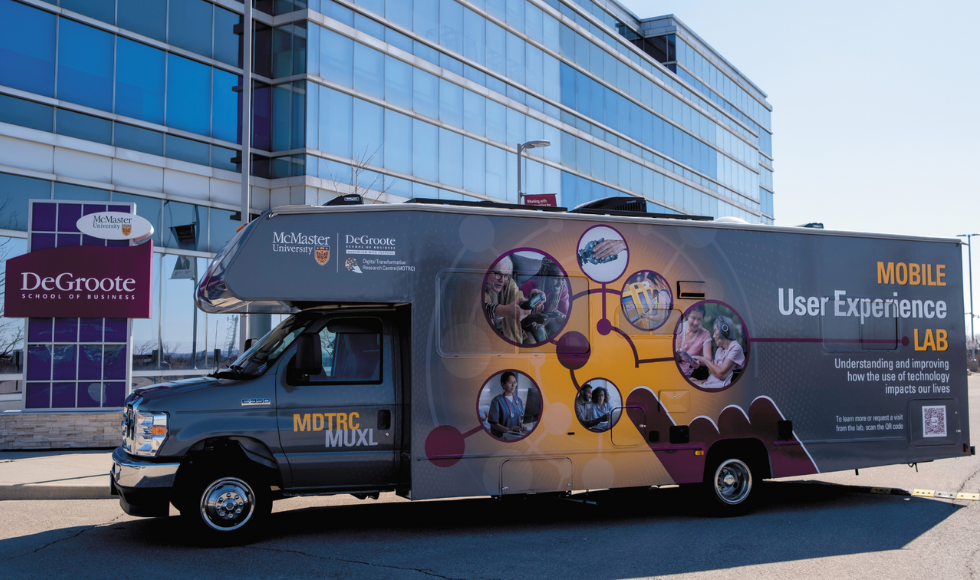
We’re protecting older adults
Infectious disease expert Dawn Bowdish is developing vaccination strategies to protect older adults in residential care homes.
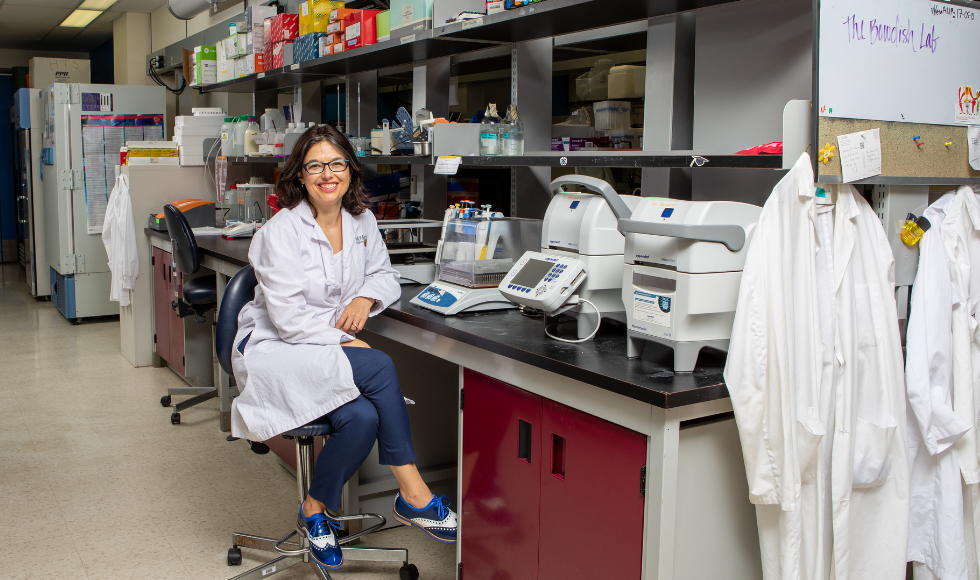
We’re connecting socially conscious entrepreneurs
Business professor Benson Honig is empowering female refugees in Kenya to become financially autonomous.
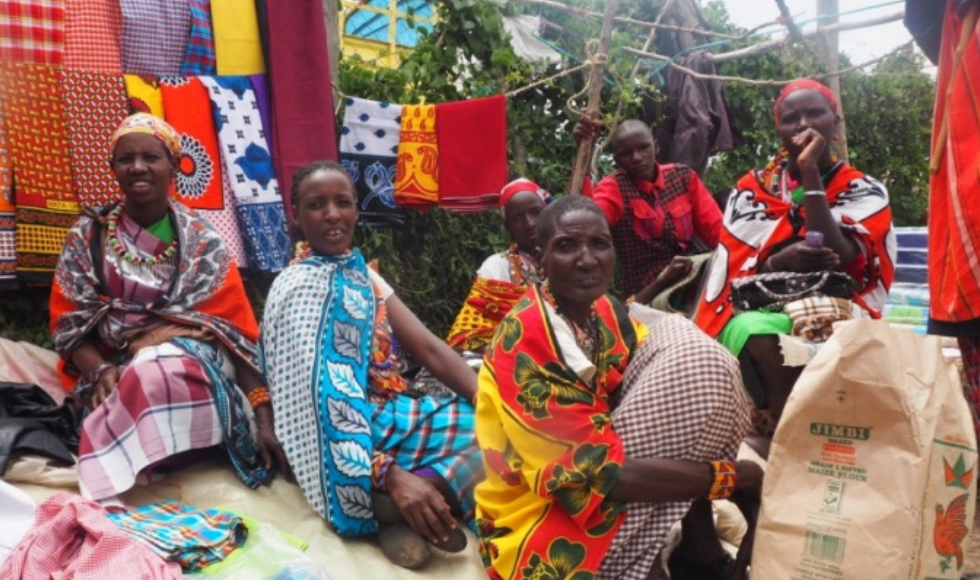
McMaster ranks 12th in the world for SDG 1: No Poverty (2023 Times Higher Education Impact Rankings). Learn more about our commitment to creating an equitable future.

Deep in the woods of the McMaster Carbon Sink Forest, researchers are hard at work fighting climate change. Elsewhere on campus, researchers are digging into the environmental effects of human activity on aquatic life. Whether it’s partnering with NASA to tackle climate change or inventing a new type of chemical spray for the agricultural industry, McMaster researchers are actively working to create a sustainable future.
We’re thinking smaller to tackle big problems
Global expert David Novog leads the Small Modular Reactor Training program at the McMaster Nuclear Reactor, offering a new generation of nuclear science innovators experiential training to meet the world’s rapidly increasing power needs.
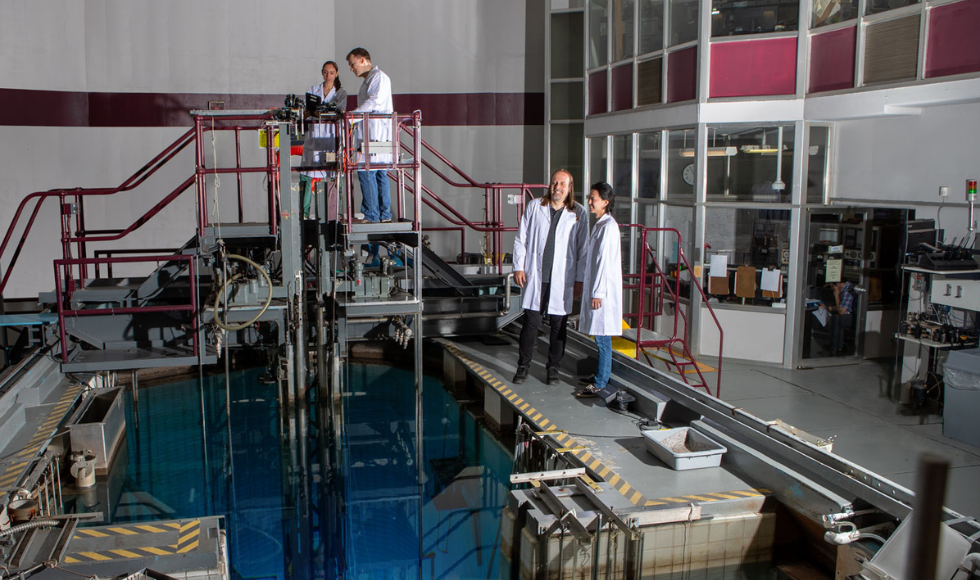
We’re studying the environmental impacts of climate change
Environmental scientist Alemu Gonsamo is using drones, satellites and artificial intelligence to understand the impacts of climate change on the environment.
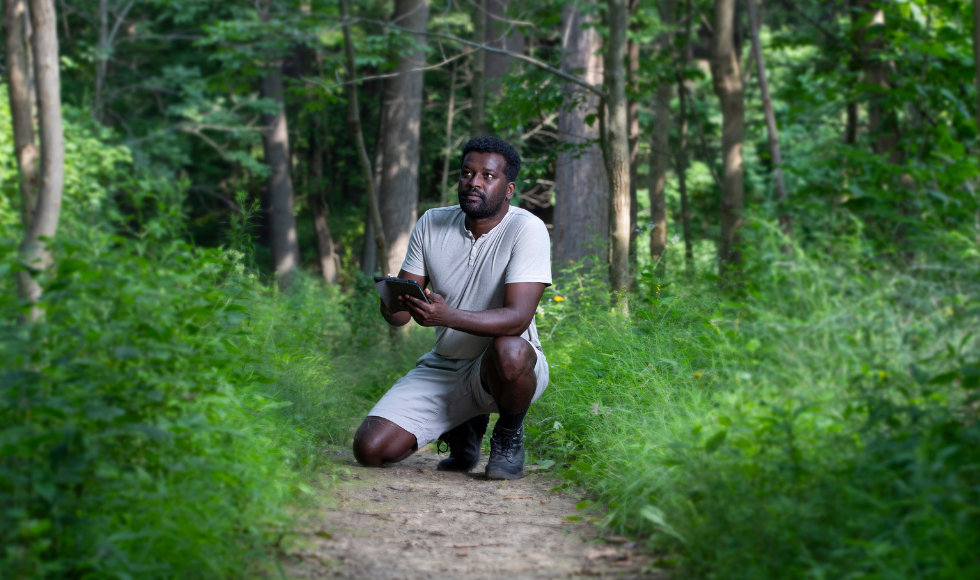
We’re tackling water security issues
Anthropologist Dawn Martin-Hill is helping Indigenous communities gain access to clean, safe water.

We’re studying the health impacts of climate change
Biologist Jianping Xu is studying climate change’s impact on fungal disease.
The McMaster Nuclear Reactor has been Canada’s most powerful nuclear research reactor for over six decades. Learn more about our commitment to powering a cleaner world.
